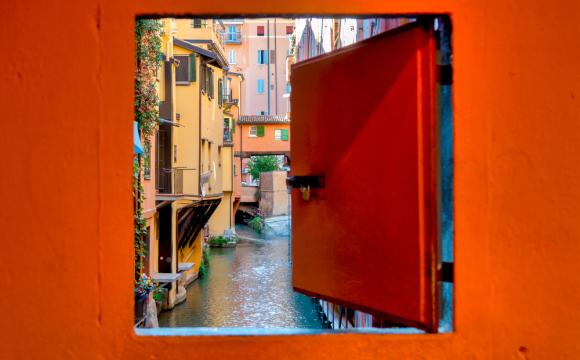The recently published Labour Market Statistics report, based on 2009 data from companies with a minimum of ten employees, ranks Italian workers’ wages as higher only to those in the smaller and less industrialized European nations of Malta, Slovakia, Slovenia and Portugal.
The report found that the average salary of Italian workers was €23,406 in 2009, about half of the earnings made by workers in Luxembourg (€48,914), Holland (€44,412), and Germany (€41,100). Other European countries with significantly higher salaries included Ireland, Finland, France and Austria. Surprisingly, even in severely economically troubled countries such as Greece (€29,160) and Spain (€26,316) salaries came in higher than in Italy.
The Eurostat report on the years preceding the 2009 update, shows that the increase in wages in Italy has been significantly lower than in other European countries. The growth rate in Italy of 3.3% comes in far behind that of Spain at 29.4% and Portugal at 22%. Even nations beginning at a higher baseline showed higher wage growth, including Luxembourg (+16.1%), Holland (+14.7%), Belgium (+11%), France (+10%) and Germany (+6.2%).
However, Italy ranks second in gender pay equality, after Slovenia. In Eurostat’s “unadjusted gender pay gap” ranking, which analyses the percentage difference between men and women’s hourly pay, data indicate a 5% difference in pay, far below the European average of 17%. While this percentage appears to be a positive indicator of equal wages in Italy, factors such as the low rate of female employment and a limited use of part-time employment compared to the rest of Europe, may contribute to this low percentage difference between men and women’s salaries. Other countries with a low gender pay gap include Poland, Romania, Portugal, Bulgaria and Malta, all of which have low rates of female employment.













